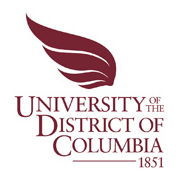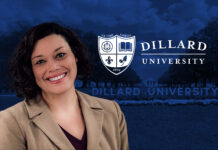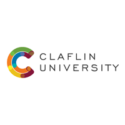 Urban agriculture is becoming increasingly popular in cities across the United States. Vegetable gardens can produce healthy and inexpensive food to help meet the dietary needs of urban residents.
Urban agriculture is becoming increasingly popular in cities across the United States. Vegetable gardens can produce healthy and inexpensive food to help meet the dietary needs of urban residents.
But food from urban gardens is only as good as the soil in which it is grown. And many neighborhoods in today’s inner cities are located on sites that may have a history of environmental contamination.
The University of the District Columbia is now offering free soil testing for residents of the district that have or want to start gardens. Funded by a grant from the U.S. Department of Agriculture, the free testing program will be provided on a first-come, first-served basis through the month of August. After the free trial program, the university’s Environmental Quality Testing Laboratory will continue to offer testing as a fee-based service.











